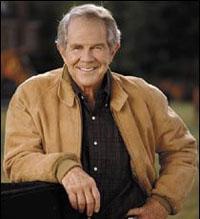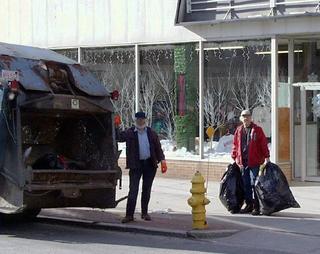 I guess there's a bit of a weatherman in me.
I guess there's a bit of a weatherman in me.You know how they are. Salivating at snowstorms, rapturous at rainfall, hungry for hurricanes. You could see it just the other night. As Hurricane Katrina approached Louisiana, the news anchors and metereologists seemed on the excited edge of their collective seats.
But I was right there with them. I just had to keep on watching. I was as hungry for a superhurricane as they were. I wanted to see "the big one."
I don't know what it is, really...maybe some primal urge, maybe some naive adventurous idealism. The same kind that makes me wish I could leave everything behind and drive in the direction of a hurricane one day. The kind that was disappointed when the storm was downgraded before it hit land.
But then...then I have to think. I have to think long and hard. Because I've begun to read stories about bodies floating by rescuers. About destruction and loss and agony.
And suddenly I realize I'm an idiot.
I recently read a news story about some looting going on in New Orleans. Many did it for survival, I suppose. Some just because they'd get free stuff. I even read somewhere that police officers were joining in.
I could ask the question, "Is this what we've come to?" But then I could also ask at what point I'd be tempted to join in. What my breaking point is.
And what have I come to, anyway? Safely sitting thousands of miles away secretly wishing for a destructive storm? What's that all about?
What is it about humanity that teeters on the edge of an often collective insanity? That thing that yearns for a super hurricane....that stays behind to weather it out..that is driven to the point of pillaging and looting and fighting with one another like barbarians of old?
I'm beginning to wonder if the tragedy unfolding before us tells us as much about ourselves as it does about anyone else.
An interesting observation, I suppose, but I don't want to forget for a moment the real focus of what's going on.
So let us pray for all those struggling with these circumstances that remain beyond their control and help where we can.































